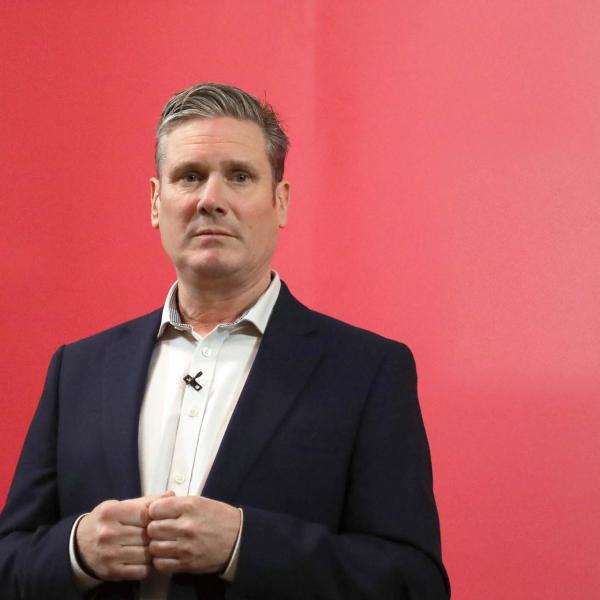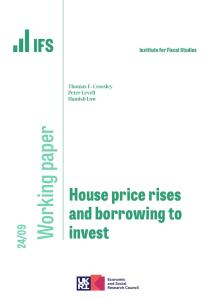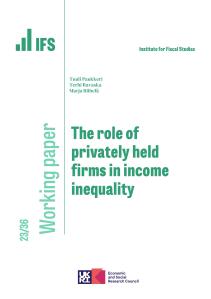Budget 2023 announced a temporary policy of allowing ‘full expensing’ of investment. For three years from April 2023, all companies will be able to deduct 100% of qualifying plant and machinery investment immediately when calculating taxable profits for corporation tax.
The government estimates an up-front cost of around £10 billion a year for each of the three years the policy is in place and the Office for Budget Responsibility (OBR) has said that making the full-expensing policy permanent ‘could cost approaching £10 billion a year’. But these figures are not a good guide to the true, long-run cost of the policy. Most of the up-front cost will be recouped in future years: firms get full expensing up front instead of a stream of capital allowances. In other words, they get to claim more tax relief up front, but less tax relief further down the line. This means that the ultimate cost of full expensing is much lower: around £1–3 billion (in today’s terms) for each year the policy is in place. That is far smaller than the short-run scorecard impact (of around £10 billion per year). Short-run scorecard impacts should not govern long-term policy choices.
There would be trade-offs to making the full-expensing policy permanent. It would bring benefits, simplifying the tax system and removing the corporation tax penalty for equity-financed investment in qualifying assets. But it would also bring costs, creating a bias towards investing in qualifying plant and machinery rather than other assets, and increasing the large and problematic existing subsidy for debt-financed investment. It is far from an open-and-shut case. Our view is thatmaking the current policy permanent would be preferable to letting it expire – but this is a finely balanced judgement. Ideally, the full-expensing policy would be made permanent as part of a broader reform package that extended full expensing to all investment and changed the treatment of debt interest payments.
These issues are discussed in new research from the Institute for Fiscal Studies, published today as a pre-released chapter of the 2023 IFS Green Budget, produced in association with Citi and with funding from the Nuffield Foundation.
Helen Miller, Deputy Director at IFS and a co-author of the research, said:
‘The temporary nature of the full-expensing policy is a problem. The UK needs an investment-friendly tax system for the long term, not just for the next three years. If the policy ends up being temporary, it will have a significant cost but little or no effect on the UK’s long-run capital stock.
‘Uncertainty over policy will hold back investment. The government should set out a clear and comprehensive strategy to move towards a well-designed corporate tax base. Full expensing could be a key component of that, but it would have to apply to all assets equally and come alongside measures to remove the problematic subsidy for debt-financed investment.’










